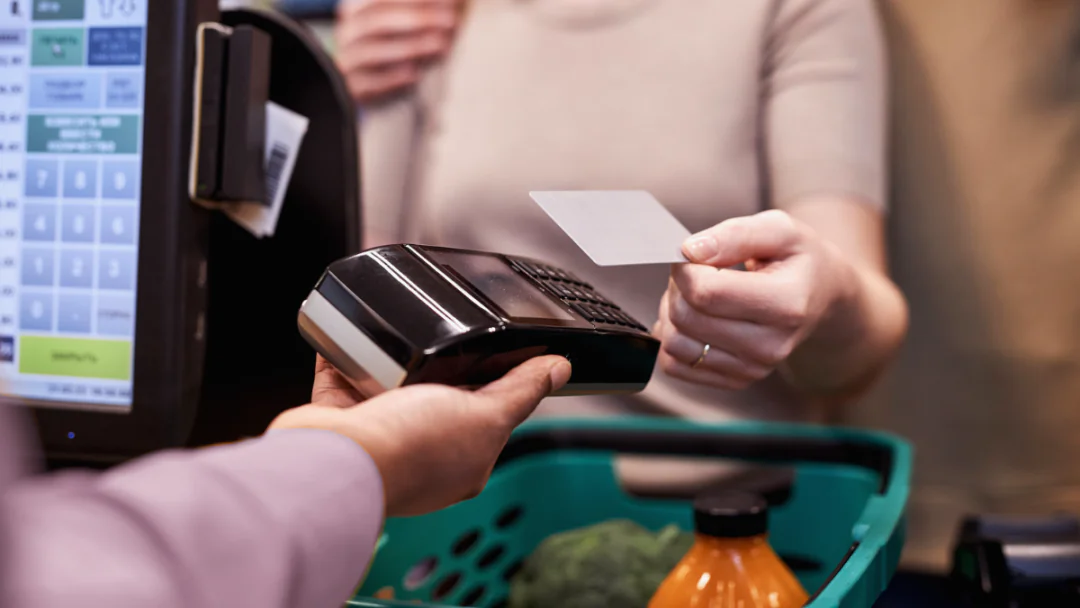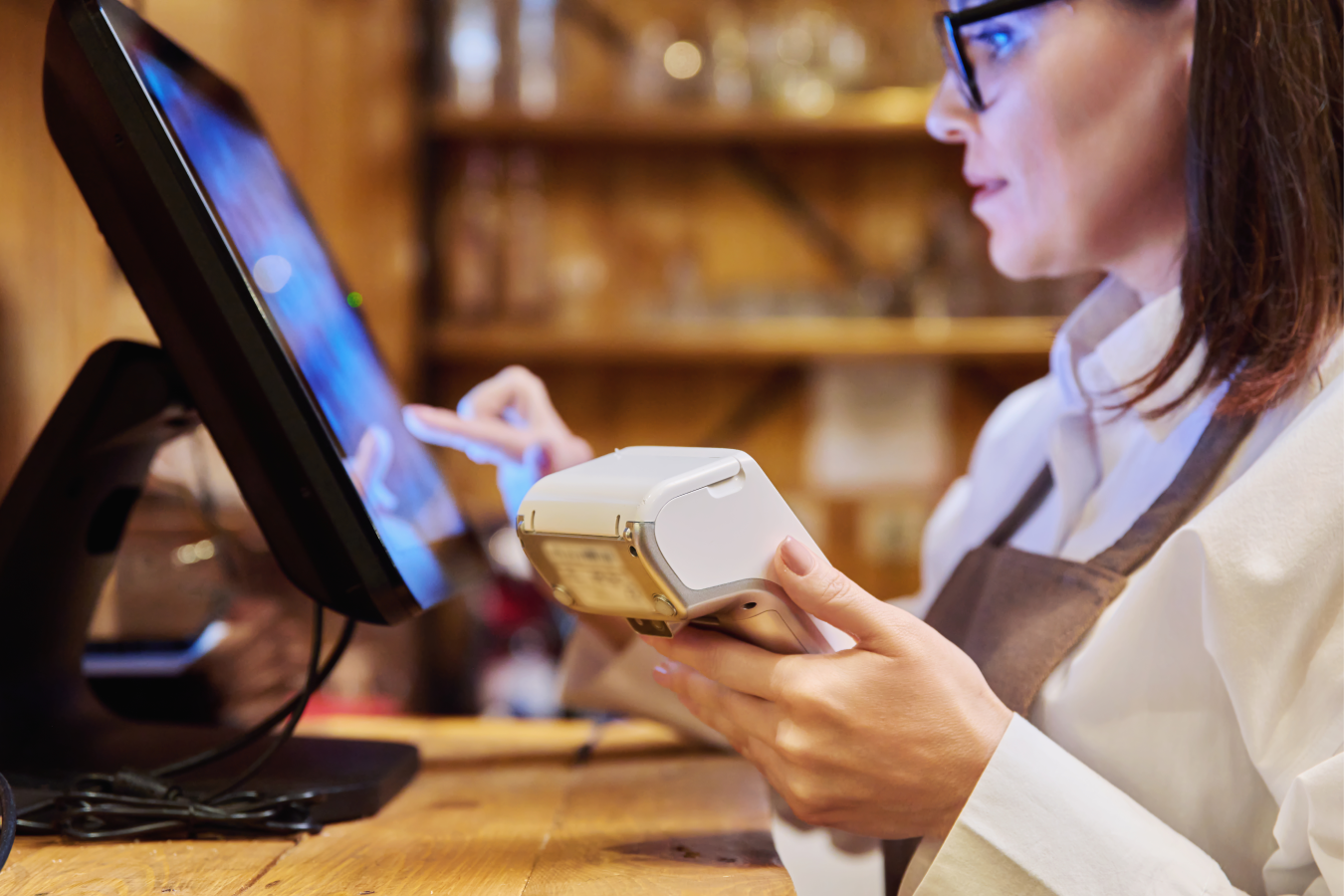The Role of POS in Managing High-Volume Businesses

Running a high-volume business—whether it’s a bustling retail store, a busy supermarket, a popular café, or a full-house restaurant—comes with constant pressure. Every minute matters, every transaction counts, and every operational delay can directly affect customer experience and revenue. To keep up with demand, businesses need systems that not only support heavy workloads but also improve speed, accuracy, and efficiency. This is where a modern POS system plays a crucial role.
A POS system acts as the central hub of daily operations, especially in high-volume environments. One of its most important functions is fast and accurate transaction processing. When queues grow and customers expect quick service, a slow checkout process can create frustration. A reliable POS system speeds up billing by automating tasks such as product scanning, price calculation, discount application, and payment processing. Features like integrated card terminals, tap-and-pay options, and barcode scanning help employees serve customers quickly while minimizing human error.
Another major advantage of POS systems in high-volume businesses is real-time inventory management. When products move quickly, traditional stock tracking methods can’t keep up. A POS system updates inventory levels automatically with every sale, helping managers know exactly what’s available, what’s running low, and what needs to be reordered. This not only prevents stockouts during peak hours but also reduces overstocking and wastage. For restaurants and cafés, ingredient-level tracking ensures that the kitchen never runs short of essential items, even during rush periods.
Modern POS systems also provide powerful analytics and reporting tools that help businesses make data-driven decisions. High-volume operations produce a huge amount of data daily, and analyzing this manually is impossible. A POS system organizes this data into clear insights—such as best-selling products, peak sales hours, staff performance, and customer preferences. With this information, business owners can plan staffing better, stock popular items in advance, and create targeted promotions that drive more sales. These insights become especially valuable during seasonal rushes, special events, or holidays when customer traffic spikes.
Staff coordination is another area where POS systems make a big impact. In fast-paced environments, miscommunication between teams can slow everything down. A POS system keeps orders organized and ensures that every team member—from the cashier to the kitchen staff—knows exactly what needs to be done. For restaurants, an integrated POS sends orders directly to the kitchen display system, eliminating the risk of lost or incorrect tickets. In retail stores, staff can use the POS to look up product information, check stock availability, manage returns, and assist customers faster.
When dealing with high transaction volume, security and accuracy become top priorities. POS systems include features like role-based access, secure payment handling, and detailed activity logs that track every sale, void, discount, or refund. This transparency reduces the risk of internal fraud, double billing, or unauthorized changes. Business owners can monitor all activity remotely, ensuring complete visibility and control even when they’re not physically present.
For food businesses, the POS also helps with table management and order flow. During busy dining hours, efficient seating, quick order placement, and clear communication with the kitchen are essential. A smart POS system helps staff manage tables, track order status, and ensure faster table turnover—all of which lead to better customer experience and increased revenue.
Finally, POS systems are designed with scalability in mind. As the business grows, more terminals, handheld devices, and add-on features can be integrated seamlessly. This means the system grows with the business instead of holding it back.
In high-volume environments, efficiency is everything. A modern POS system helps businesses handle pressure, work smarter, and deliver a smoother customer experience. By improving speed, accuracy, and organization, POS technology becomes the backbone of operations—ensuring the business stays in control, even on the busiest days.






